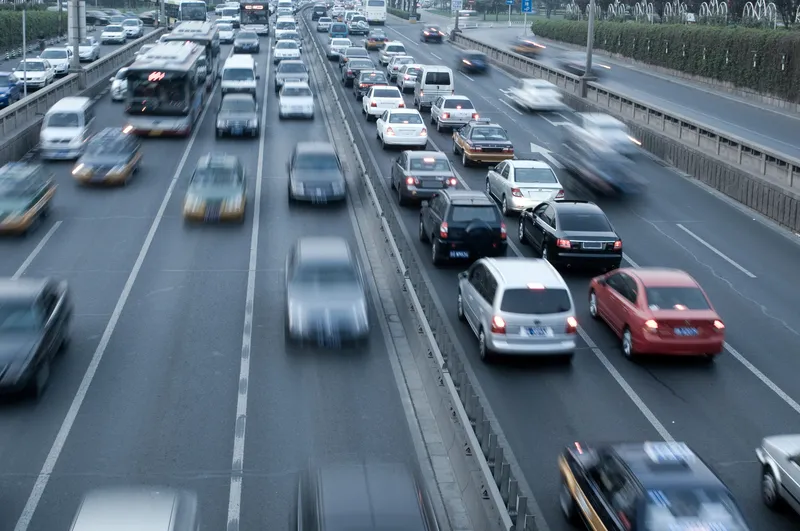
Star Systems International has launched a dual-frequency transponder called Falcon.
The new product combines ultra–high frequency (UHF) capability for traditional tolling systems and near-field communication (NFC) capability, meaning the tag enables real-time interaction between vehicles and mobile applications.
It is Gen2V2 compliant and offers advanced embedded cryptographic authentication.
“This is a significant step forward for electronic toll collection,” said Stephen Lockhart, Star's chief technology officer. “With the introduction of shared data in both the UHF and new NFC interface, we’re unlocking a level of versatility that hasn’t been seen before in vehicle transponders. Furthermore, this will greatly increase the connection between toll agencies and drivers.”
This means it might be of use for road usage charging, parking management and Mobility as a Service platforms, with other potential use cases including high occupancy toll and express lane management, the manufacturer says.
"Vehicle occupancy declarations could be more easily enforced through mobile app verification rather than self-declaration," the manufacturer says. "A sticker tag like the Falcon can be more cost-efficient and environmentally friendly compared to the traditional switchable hardcase tags."
A mobile app could offer features such as alerts, checking balances and adding money to accounts, using the NFC interface.










